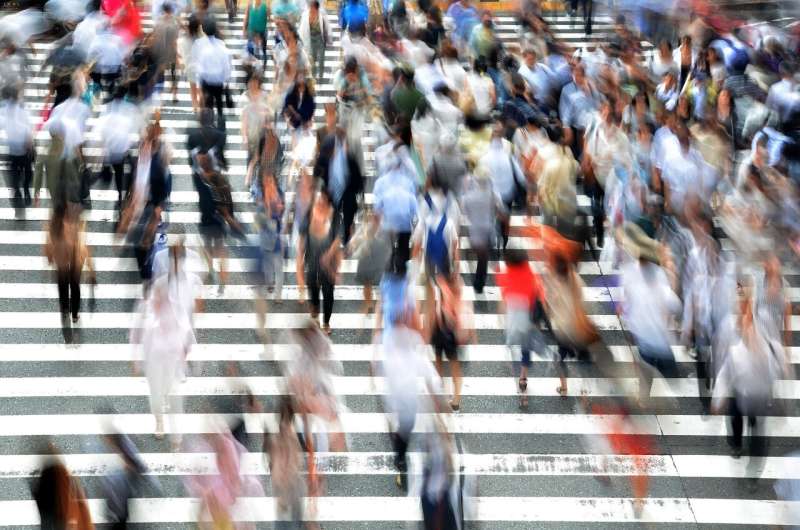
A recent study published in the journal Social Psychological and Personality Science highlights the detrimental effects of perceived economic inequality on individual well-being across 71 countries. Conducted by a team led by Dr. Ángel Sánchez-Rodríguez from the Universidad de Salamanca, the research investigates how awareness of economic disparity influences happiness, sense of meaning, harmony, and spirituality.
The findings indicate that individuals who perceive high levels of economic inequality experience a significant decline in their overall well-being. This decline is not only related to emotional satisfaction but also extends to deeper aspects of human flourishing, such as personal meaning and spiritual harmony. Dr. Sánchez-Rodríguez emphasizes that the study fills a crucial gap in understanding the relationship between economic inequality and well-being by focusing on perceived inequality rather than solely objective measures.
“This study helps us understand that the high levels of economic inequality found in many countries are not only a matter of social justice—although they certainly are—but also a pressing issue of public well-being,” Dr. Sánchez-Rodríguez explains. He adds that the perception of economic disparity widens the gap between individuals’ current feelings and their aspirations for a fulfilling life.
The research adopts a culturally sensitive approach, extending beyond traditional metrics of happiness to include dimensions that may be particularly important in non-Western cultures. Dr. Sánchez-Rodríguez summarizes the study’s pivotal finding: “The more economic inequality people perceive around them, the lower their overall well-being.”
The Global Context of Economic Inequality
The timing of this research is particularly relevant given the ongoing global challenges associated with economic disparity. Dr. Sánchez-Rodríguez notes that the study addresses one of the most urgent issues of our time—the widening gap between the rich and the poor. This concern is echoed by international organizations such as the United Nations, which identifies reducing inequality as a key goal for creating a more sustainable and just society.
Despite the compelling findings, the researchers caution against misinterpretations. Dr. Sánchez-Rodríguez warns against the misconception that simply reducing awareness of inequality is a viable solution to enhance well-being. “A major misunderstanding would be to assume that reducing perceptions of inequality—rather than addressing inequality itself—is a viable strategy to improve well-being,” he states. The root issue remains the objective economic inequality reflecting actual disparities in living conditions.
The implications of this study extend beyond academic research, indicating that economic inequality poses a fundamental threat to human well-being across various cultures and economic contexts. The comprehensive nature of the research underscores the need for targeted policies that not only address the economic gaps but also consider the psychological impacts of perceived inequality.
More information can be found in the study titled Mind the Gap: Perceived Economic Inequality and the Well-Being Gap around the Globe, published on July 14, 2025. The full study is available with the DOI: 10.1177/19485506251345937.






